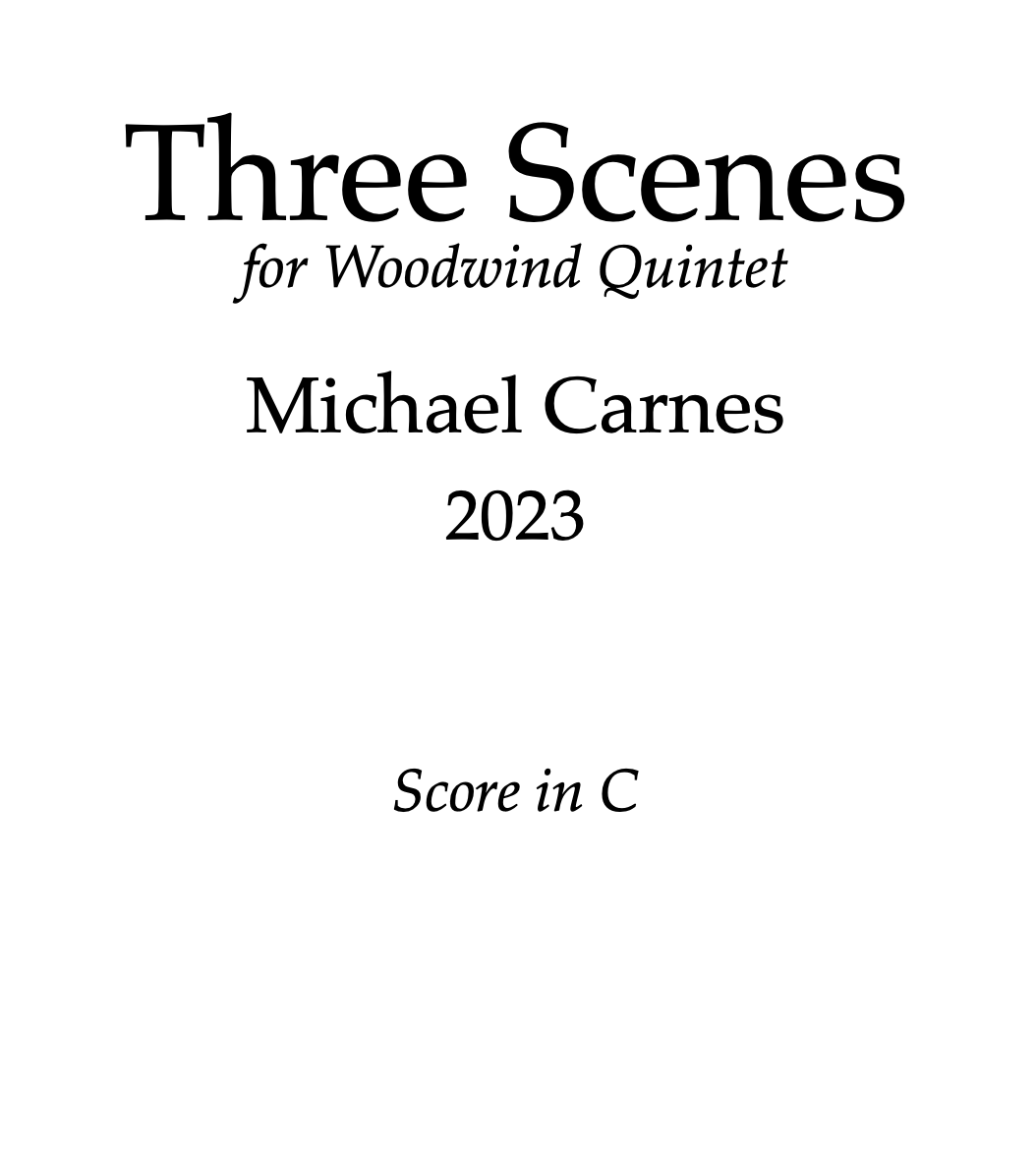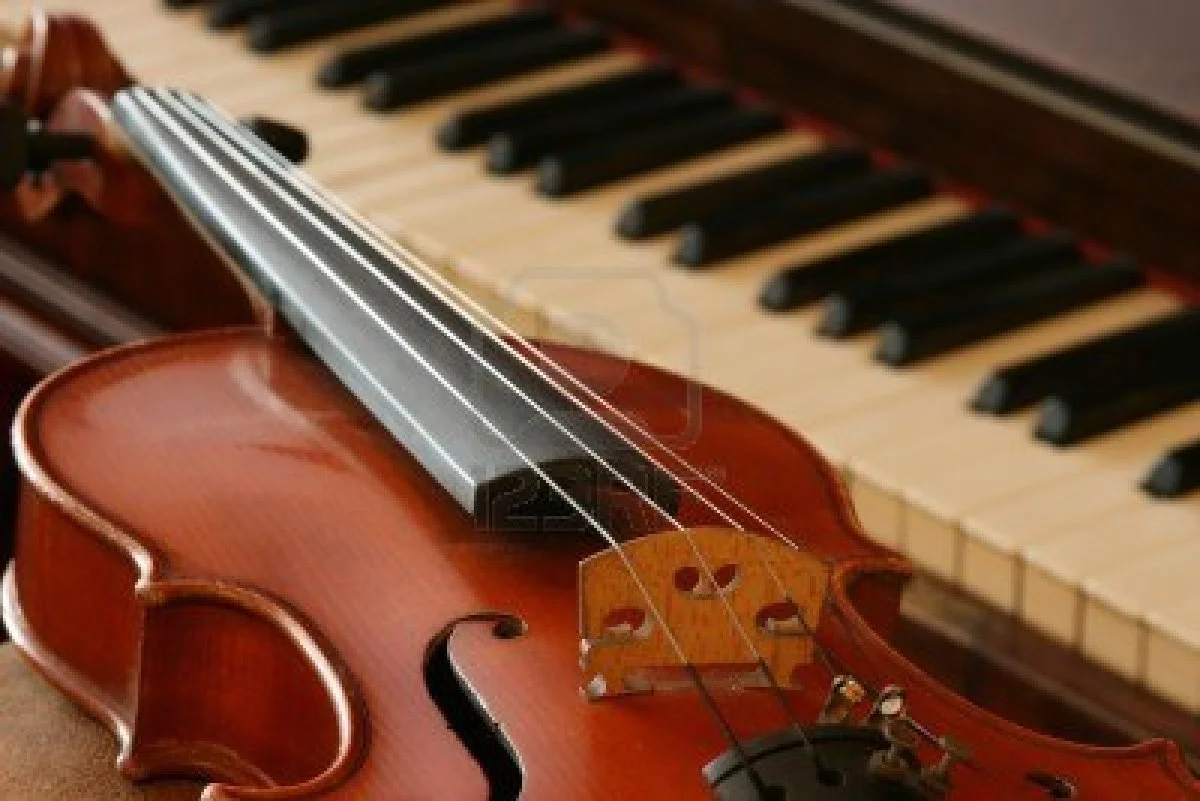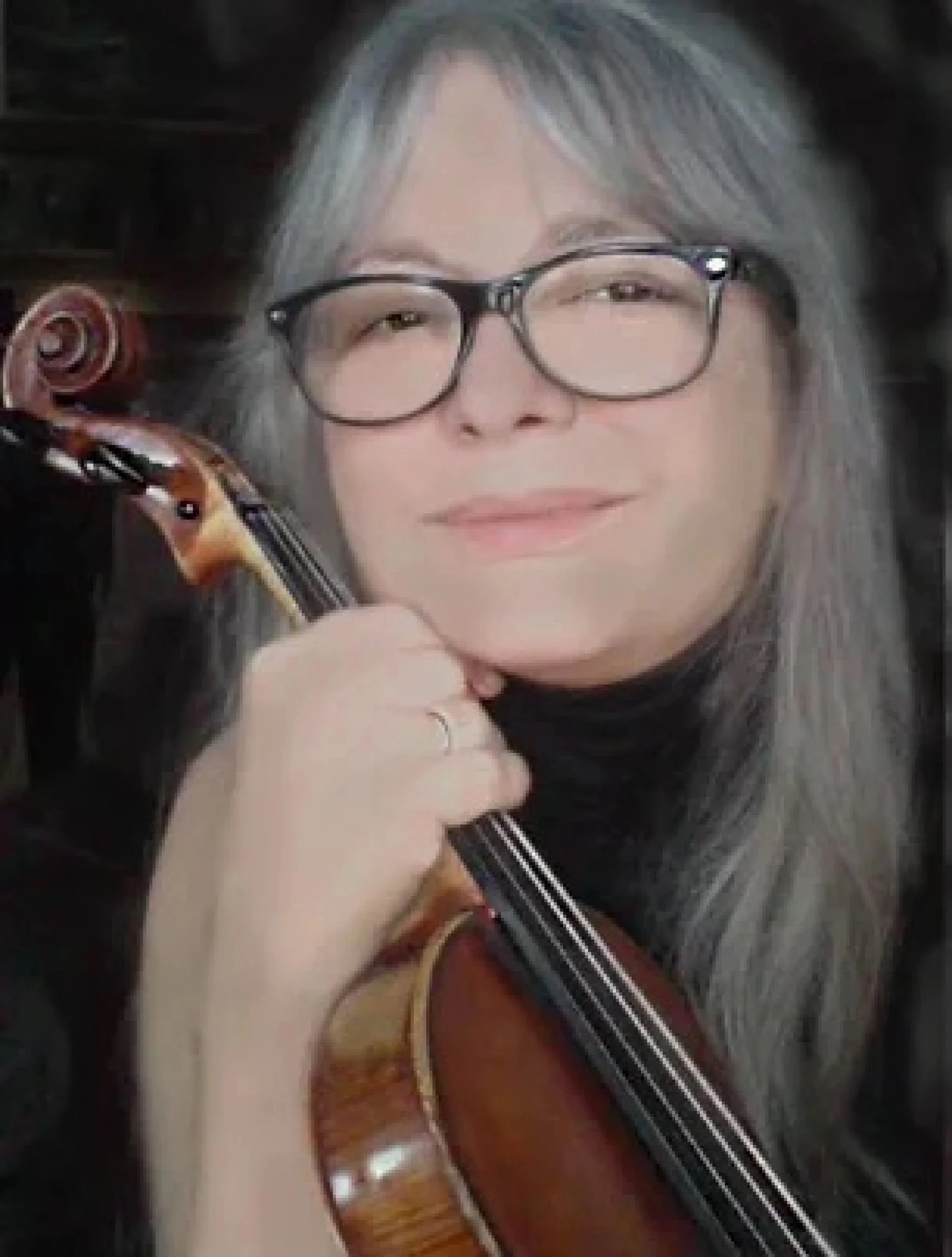In 2003 the New England Philharmonic, under the baton of Richard Pittman gave the premiere of my symphony Challenger. I only had a fragment of that performance here on the website, since I didn’t have clear permission to post the whole thing.
I’d long felt the piece needed a few revisions and corrections, but it took until my years of retirement that I could take that on. That’s now accomplished and you can hear the entire piece here The performance uses a virtual orchestra, but one that is a considerable step forward. Most of the corrections involve only some small changes in orchestration. A few allow the piece to spread out just a little.
There’s one additional significant change: a dedication. The piece originally bore no dedication, but it now gives thanks to Richard Pittman. Here’s what the score says:
When I began school at Berklee in 1975, I'd already been a working guitarist for several years. But I'd reached a crossroads and knew there was much more to learn--both on the guitar and about music in general. I quickly found a home-away-from-school in Jordan Hall, the principal concert space of New England Conservatory. Quite a few of those concerts were conducted by a young Richard Pittman. While the ensembles were always good to begin with, Pittman brought out that little something extra. I began to get a sense of what 500 years of musical culture really meant. It didn't take me long to know I wouldn't be going out on the road again.
As it turns out, Pittman had a much larger profile in the Boston area, most notably with Boston Musica Viva, the New England Philharmonic and the Concord Orchestra. I began to have pieces played around the area, but never had the chance to really sit down with him. Life was busy. Finally, the New England Philharmonic decided to perform Challenger. I was excited to work with someone who'd been such a part of those formative years. Dick (as he insisted on being called) was convivial, humble, and knew the piece inside-out.
The Philharmonic is comprised of a few full-time professionals and a larger proportion of well- trained musicians who'd decided to pursue other ways of making a living. They were hard-working and fearless (new music was a staple with this group). I remain deeply appreciative of the many weeks they put into this piece. It was a gutsy first performance.
I came back to the piece in 2023, although I'd been thinking about it much longer. It needed some revisions and clarifications. While it did not have a dedication in 2003, it was obvious that Dick Pittman should be recognized. He suffered a major stroke in 2020 and it's likely that he'll not lift a baton again. But his influence on generations of musicians in Boston is significant and will carry on down the years.
Please give yourselves 13 minutes to listen to the piece.



